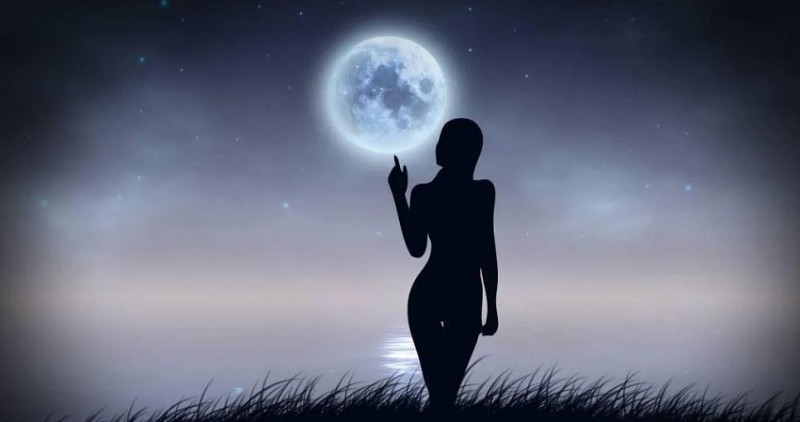
The full moon, a celestial spectacle that captivates many, also wields a subtle yet significant influence on human health and behavior. Recent studies shed light on its effects, offering intriguing insights into sleep patterns, mood fluctuations, and even energy levels.
Sleep Quality and Patterns
Research from the National Institutes of Health suggests that people tend to experience altered sleep patterns around the time of the full moon. Sleep duration often extends, but the quality may diminish, characterized by reduced deep sleep and delayed REM phases. Sleep latency, the time taken to transition into REM sleep, tends to increase during these lunar phases, impacting overall sleep efficiency.
Impact on Mood and Mental Health
The human body's circadian rhythms, finely tuned to cycles of light and darkness, are sensitive to lunar phases. Studies indicate a correlation between the full moon and exacerbated symptoms of mood disorders such as anxiety, bipolar disorder, depression, and schizophrenia. Shifts in circadian rhythms during the full moon phase can intensify these conditions, affecting mental health stability.
Blood Pressure and Cardiovascular Health
Surprisingly, lunar cycles also influence cardiovascular health. A 2013 study on male university students found that blood pressure tends to decrease by approximately 5 mm Hg during both new and full moon phases. Additionally, heart rate variability increases during these periods, suggesting potential benefits for cardiovascular function. These physiological changes highlight the intricate relationship between lunar phases and human biology.
Energy Levels and Activity Patterns
Historically, before artificial lighting dominated the night, the full moon provided ample illumination, altering human activity patterns. Research indicates that people were more active at night during full moons throughout history. This historical pattern suggests that lunar phases may still influence energy levels today, indirectly affecting daytime activity and alertness.
In conclusion, while the full moon's impact on human health may seem subtle, its effects on sleep, mood, cardiovascular health, and energy levels are increasingly recognized by scientific inquiry. Understanding these influences can help individuals better manage their health, recognize patterns in their behavior, and potentially mitigate negative impacts associated with lunar cycles.
Get Rid of Migraines: It's Time to Know the Benefits of Magnesium
Say Goodbye to Insomnia: Embrace the Power of Tart Cherry Juice
Get Outside, Get Stronger Bones! What To Do?